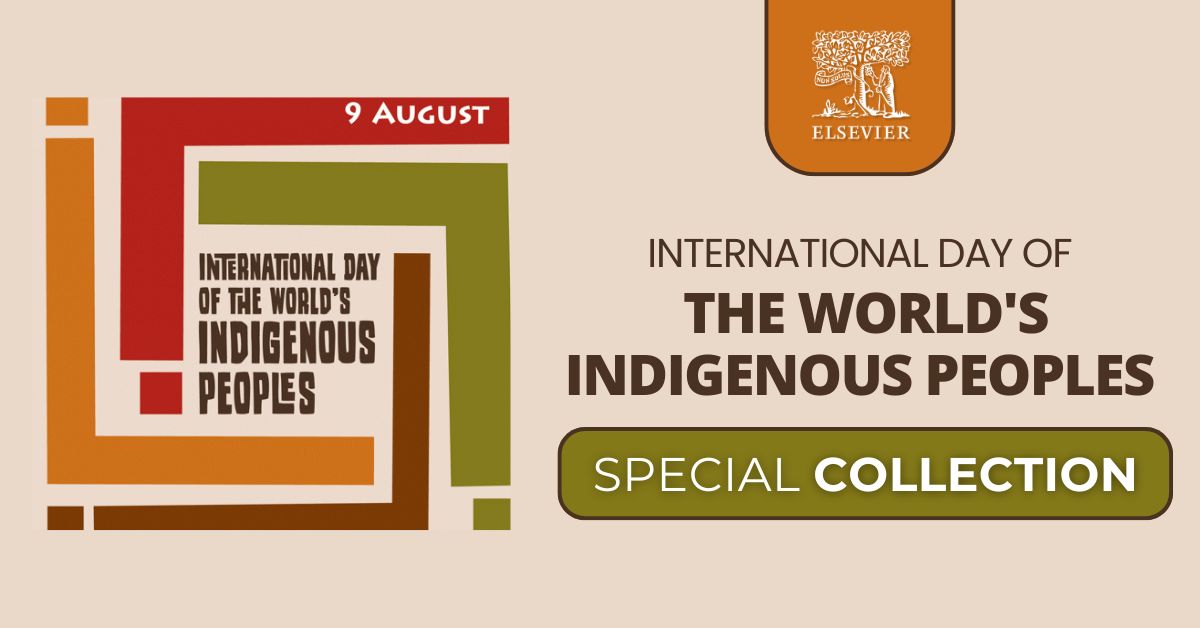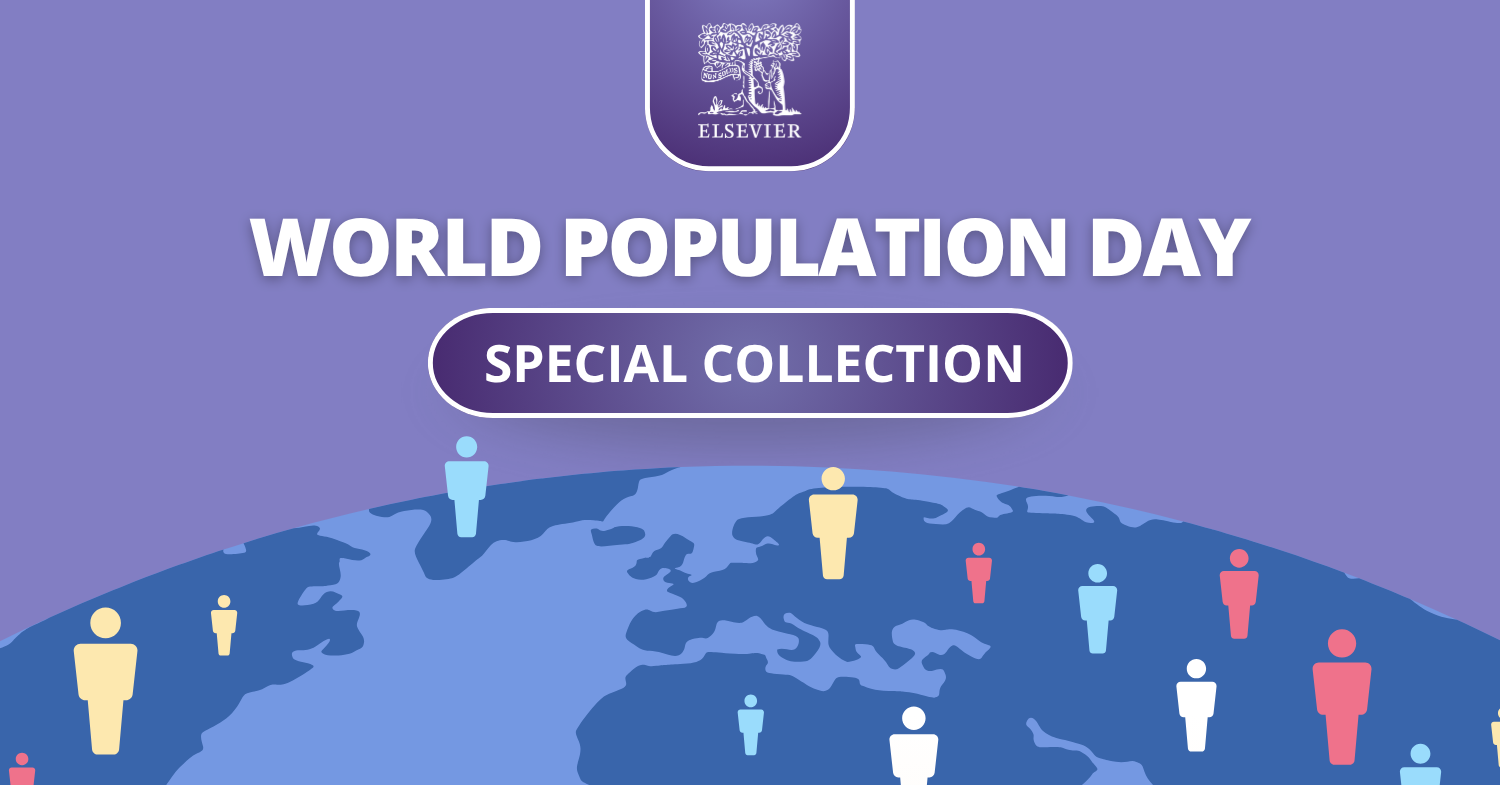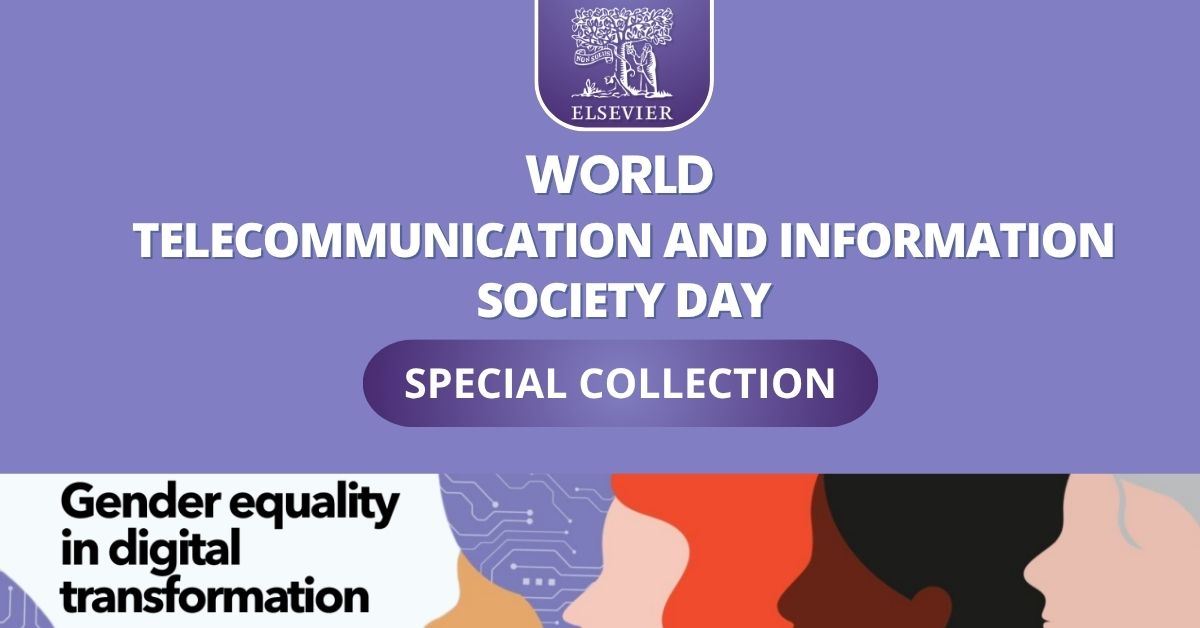An estimated 1.3 billion people around the world live with a significant disability - that’s 1 in 6 of us.
Each year on 3 December, the International Day of Persons with Disabilities (IDPD) highlights the importance of advancing the rights, well-being and full inclusion of persons with disabilities in every aspect of society.
To mark this important day, Elsevier has curated a free-to-access special collection featuring the latest research and insights, now available on the RELX SDG Resource Centre. Explore the collection.
COP30 is the 30th United Nations Conference of the Parties (COP), an annual global meeting where world leaders, scientists, non-governmental organizations, and civil society leaders gather to discuss actions to tackle climate change. It is considered one of the world's key events on the subject. COP30 is a historic opportunity for Brasil to reaffirm its leadership in climate change negotiations and global sustainability.
Celebrated annually on October 16, World Food Day is a key global event focused on raising awareness about food security and hunger. Established by the United Nations Food and Agriculture Organization (FAO) in 1979, this day highlights the ongoing challenges of hunger, malnutrition, and the need for sustainable food systems.
World Alzheimer's Day, observed every year on September 21st, is an international campaign to raise awareness and challenge the stigma surrounding Alzheimer's disease and other forms of dementia. With over 50 million people worldwide living with dementia and millions more being diagnosed every year, it is crucial to improve public understanding and provide support for those affected. In this article, we will discuss the significance of World Alzheimer's Day and share ways you can get involved to make a difference.
Established by the United Nations Development Programme in 1989—and inspired by the global milestone of Five Billion Day on July 11, 1987, World Population Day highlights critical issues relating to population and sustainable development. To raise awareness for this important topic, Elsevier presents a curated list of publicly available journal articles and book chapters to help advance #SDG3 and #SDG5 research.
The RELX SDG Inspiration Day 2025 focuses on the role of philanthropy in bridging the funding gap to achieve the UN Sustainable Development Goals, featuring insights from prominent thought leaders. To commemorate this event, Elsevier has curated a free Special Collection with the latest research on philanthropy and the SDGs.
22nd April is Earth Day, an annual, global movement to raise awareness and promote environmental protection. The theme for Earth Day 2025 is OUR POWER, OUR PLANET, inviting everyone around the globe to unite behind renewable energy, and to triple the global generation of clean electricity by 2030. To mark the event Elsevier has curated a free to access Special Collection featuring the latest research articles and book chapters to advance knowledge.
World Water Day, held on March 22, is an annual United Nations Observance focusing on the importance of fresh water. The theme of this year’s observance is Glacier Preservation; glaciers are critical to life – their meltwater is essential for drinking water, agriculture, industry, clean energy production, and healthy ecosystems. To mark World Water Day 2025, Elsevier has curated a free special collection of journal articles and book chapters to raise awareness for this important topic, and to help advance #SDG6 research.










